Europeans have a €30 billion problem
From holidaymakers, students funding their student loans, people sending money to support loved ones back home, to small businesses working with overseas...

COVID-19 has thrown a wrench in all our plans for 2020. The pandemic has hit budgets across the globe and that’s reflected in the amounts of money people send to their family and friends back home - remittances. 800 million people worldwide depend on these flows, but the World Bank has predicted a 20% reduction in remittances this year alone.
On top of that, consumers pay hefty fees to make those payments. Last year, the world paid $49 billion in fees when sending money home. That’s because the average cost of sending money remains high - at nearly 7% per payment - and we know the bulk of that cost is hidden in an exchange rate. This is valuable money that, for many families, is a lifeline for essentials like food and medicine.
One of the United Nations Sustainable Development Goals is to reduce the cost of remittances to less than 3% by 2030. We’re a long way from achieving that goal and with the current COVID-crunch, we need to work harder than ever to make that a reality. Governments and leading international organisations are determined to keep these vital flows going, but it’s important they go further.
On 14 October 2020 we invited experts from international organisations (the European Commission, the International Organization for Migration and the International Fund for Agricultural Development) to discuss why supporting families sending money home is more important than ever - especially in the context of COVID-19 - and how to make those payments cheaper and more transparent.
Remittances hit hard by COVID-19: what is Europe's role to play? from Wise on Vimeo.
It’s easy to make cross-border payments faster and cheaper. Making sure the banks are not the sole gatekeepers to the payment system and opening access to non-banks like Wise is one step forward. But the World Bank has said that the ‘single most important factor leading to high remittance prices is a lack of transparency in the market.’ Transparency is the key action we can take today to make a difference. It’s an easy one too.
Today, 8 out of 9 Europeans are in the dark about how much they pay and can’t accurately identify the cost of a transaction. And UK government research has shown that when there’s more transparency, the number of consumers able to select the cheapest option doubles.
That’s why we’re asking that all providers tell their customers exactly what they’re paying, including that sneaky bit that’s hidden in a bad exchange rate. That would mean that people can avoid nasty surprises at the end and choose a provider that best fits their budget.
In Europe, theCross-Border Payments Regulation tried to bring some transparency for payments within the EU (like sending from France to Romania), but you’re stuck with the status quo when you send money from Europe to the rest of the world. And if you’re sending cash, the new rules don’t apply either.
Here’s the good news: next year, the European Commission will decide whether more transparency requirements are needed as part of their Payment Services Directive review.
We knowbanks and other providers are still misleading consumers today. That’s why the EU needs to outlaw hidden fees in remittances - and set the standard as a global leader.
Join our movement to end hidden fees once and for all.
Wise is part of the KNOMAD global pledge** to take measures to keep remittances flowing, to support digital remittances, and to lower the cost of remittances.
*Please see terms of use and product availability for your region or visit Wise fees and pricing for the most up to date pricing and fee information.
This publication is provided for general information purposes and does not constitute legal, tax or other professional advice from Wise Payments Limited or its subsidiaries and its affiliates, and it is not intended as a substitute for obtaining advice from a financial advisor or any other professional.
We make no representations, warranties or guarantees, whether expressed or implied, that the content in the publication is accurate, complete or up to date.

From holidaymakers, students funding their student loans, people sending money to support loved ones back home, to small businesses working with overseas...
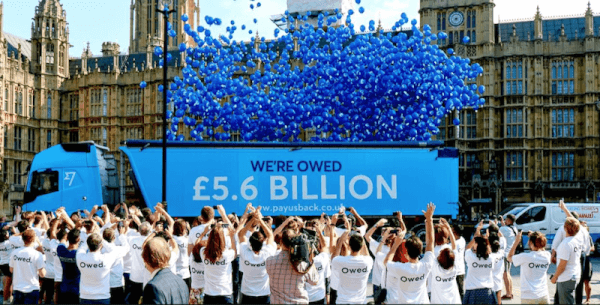
Chancellor of the Exchequer HM Treasury 1 Horse Guards Road London SW1A 2HQ Dear Chancellor, We are writing to you to take this opportunity to stop hidden...
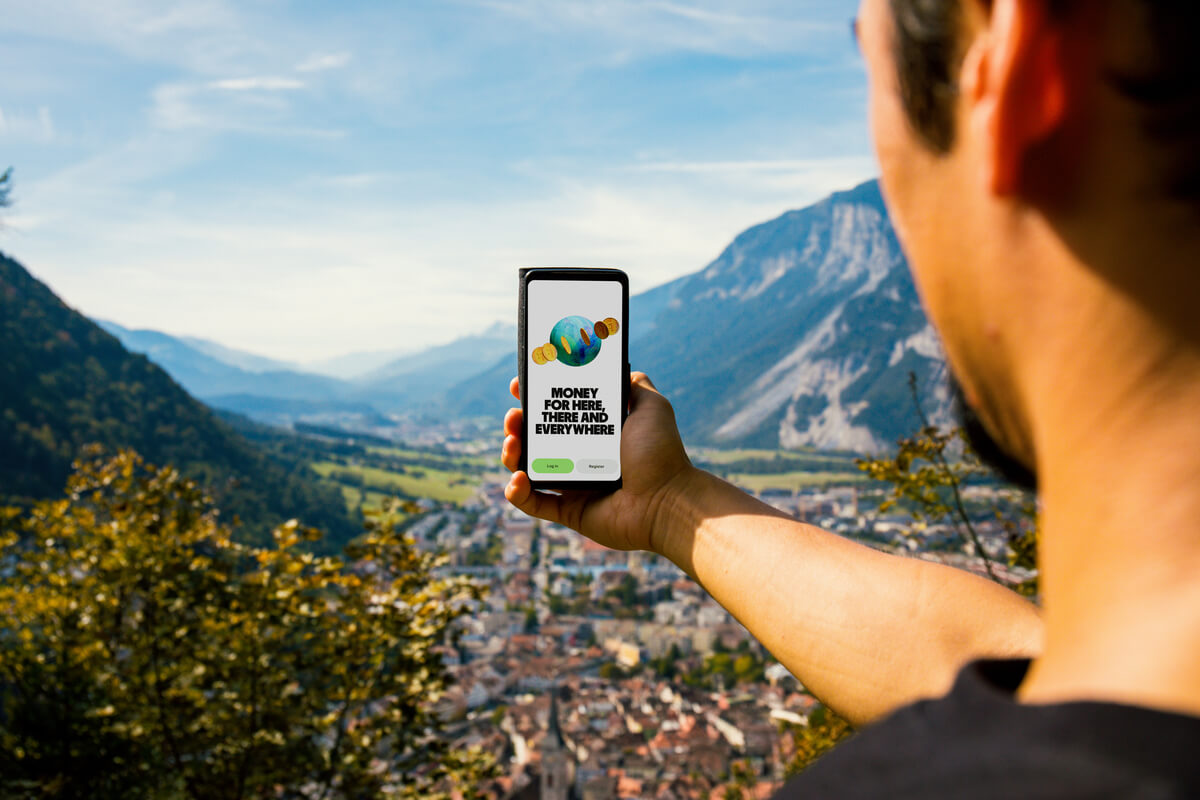
£187 billion! That’s how much people and businesses lost to hidden fees in a single year.
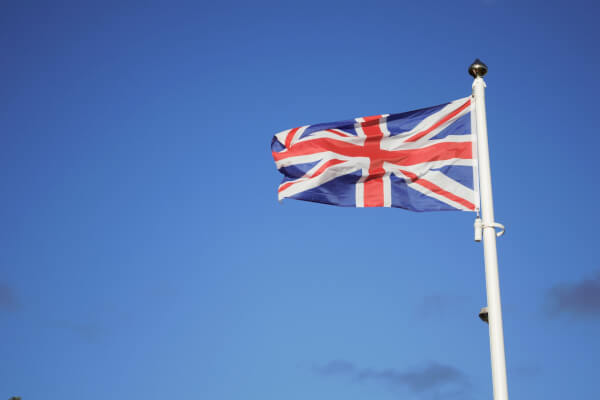
There should be nothing to hide Sending money abroad is a big deal for people living international lives. You might be supporting your family, planning your...
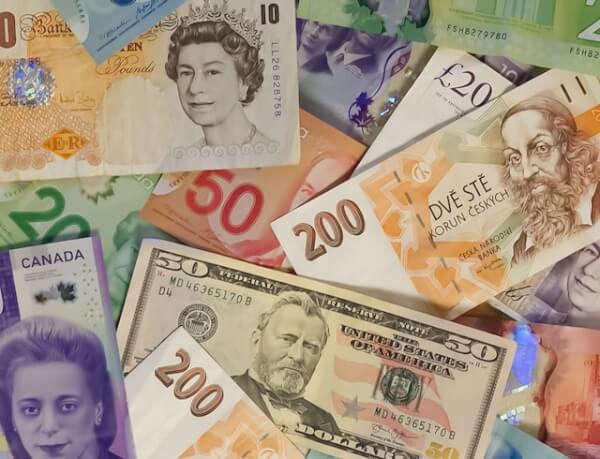
Help change the law! Last year, when sending money abroad, British consumers and businesses lost £5.6 billion in fees. Is it bonkers? Yes! Is it surprising?...
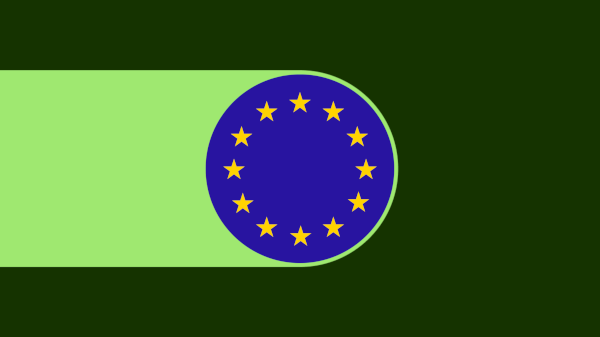
Today is World Consumer Rights Day. You may remember that we care - a lot - about banning hidden fees in international payments. But one of our other bugbears...